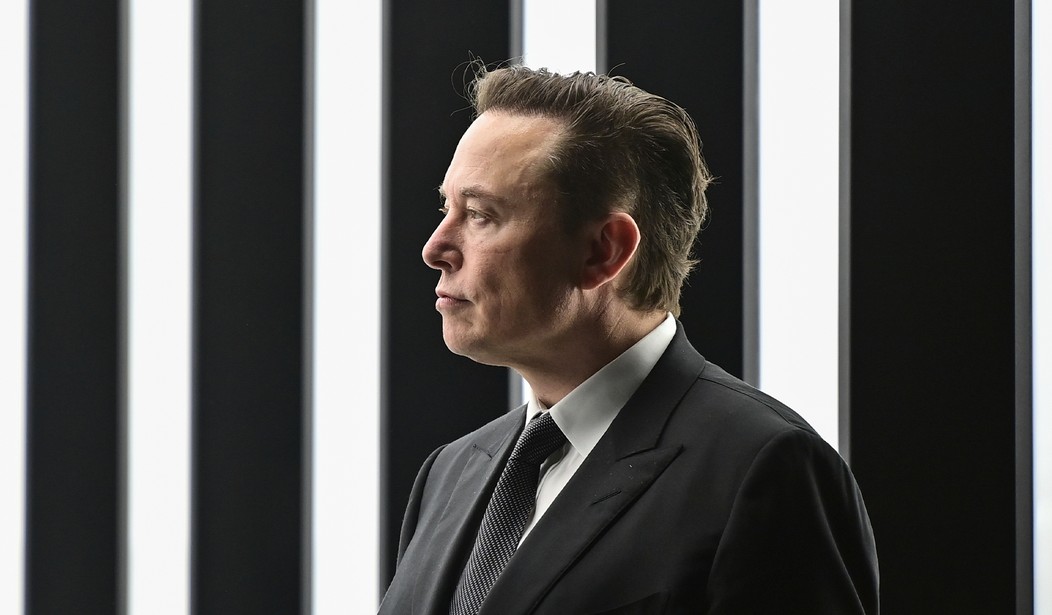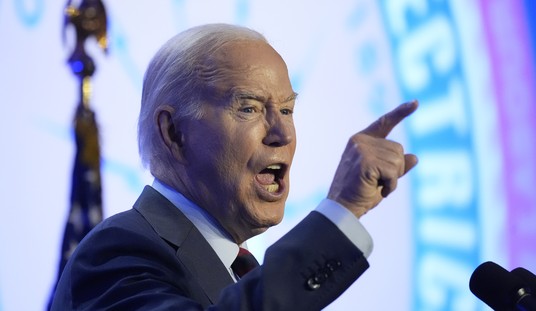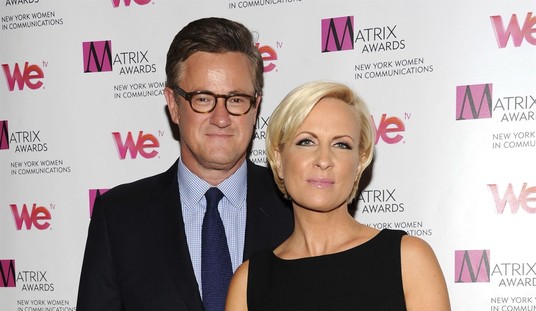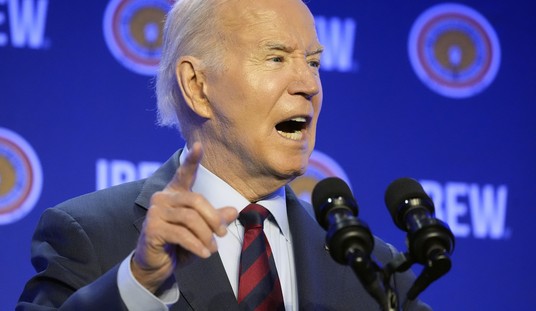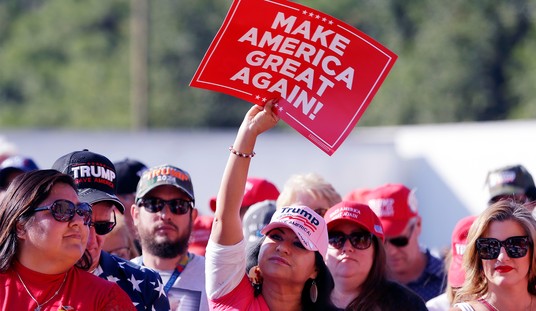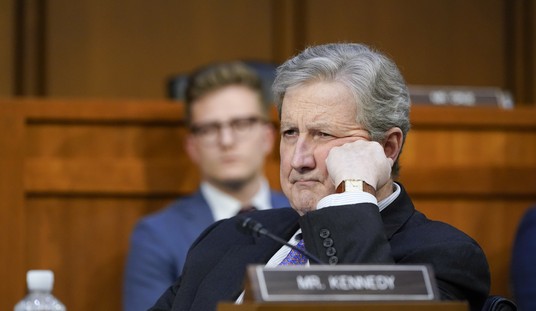I’m not sure what Twitter CEO Elon Musk is thinking with this move. He originally bought the company and took over the platform because he wanted to put an end to biased censorship practices and create a digital environment to promote free speech.
But now, it seems he is contradicting himself on that front.
On Friday, it was discovered that Twitter targeted Substack, an online blogging and newsletter platform used by thousands of content creators, including myself. Twitter greatly reduced the reach of posts containing links to Substack articles. RedState’s Joe Cunningham explained:
You cannot Like a tweet that has a Substack link. You cannot Retweet it. You cannot reply to it. You can quote-tweet it, but no one can Like, Retweet, or Reply to that quote-tweet, either. Even clicking those links now takes you to a “This Link May Be Unsafe” page before you actually have a chance to continue.
Journalist Matt Taibbi, who is known for his work on the Twitter Files, posted a tweet commenting on the matter, noting that he was told that it is due to “a dispute over the new Substack Notes platform.”
Of all things: I learned earlier today that Substack links were being blocked on this platform.
When I asked why, I was told it’s a dispute over the new Substack Notes platform…
— Matt Taibbi (@mtaibbi) April 7, 2023
Taibbi continued:
Since sharing links to my articles is a primary reason I come to this platform, I was alarmed and asked what was going on. I was given the option of posting articles on Twitter instead.
I’m obviously staying at Substack, and will be moving to Substack Notes next week.
Since sharing links to my articles is a primary reason I come to this platform, I was alarmed and asked what was going on. I was given the option of posting articles on Twitter instead.
I’m obviously staying at Substack, and will be moving to Substack Notes next week.
— Matt Taibbi (@mtaibbi) April 7, 2023
Substack Notes is a microblogging platform similar to Twitter that the company is rolling out.
Responding to a tweet from influencer Brett Weinstein questioning the development, Musk claimed the company’s links “were never blocked,” and that “Substack was trying to download a massive portion of the Twitter database to bootstrap their Twitter clone,” which means that its “IP address is obviously untrusted.”
He then claimed that Taibbi “is/was an employee of Substack.”
1. Substack links were never blocked. Matt’s statement is false.
2. Substack was trying to download a massive portion of the Twitter database to bootstrap their Twitter clone, so their IP address is obviously untrusted.
3. Turns out Matt is/was an employee of Substack.
— Elon Musk (@elonmusk) April 8, 2023
The first statement is technically true; one can still click on a Substack link. But, as Cunningham noted, you cannot retweet, share, or even like any post containing a link to the company’s site. Moreover, Taibbi is definitely not an employee of Substack, but he has used its platform extensively for years. It is not clear whether Musk’s second claim is true.
Substack posted a statement from its founders, taking issue with Musk’s move. “Any platform that benefits from writers’ and creators’ work but doesn’t give them control over their relationships will inevitably wonder how to respond to the platforms that do,” the tweet read.
A statement from our founders:
Any platform that benefits from writers’ and creators’ work but doesn’t give them control over their relationships will inevitably wonder how to respond to the platforms that do.
— Substack (@SubstackInc) April 7, 2023
The recent move by Elon Musk and Twitter to suppress Substack, an online blogging and newsletter platform, is deeply concerning and contradictory to the principles of free speech that Musk claims to support. Indeed, Musk has received much flak for daring to suggest that everyone deserves an opportunity to spread their ideas and promote their content. This move flies in the face of the Twitter CEO’s stated mission.
Twitter’s decision to reduce the reach of posts containing links to Substack articles, and the limitations placed on users to like, retweet, or reply to them, appear to be a clear attempt to suppress the platform’s content. This action not only affects content creators who rely on Substack to share their work, but also limits the diversity of views and opinions available on Twitter. Indeed, many of those who use Substack are allies of Musk when it comes to protecting free speech – he is essentially silencing those who have been cheering his efforts.
It is understandable that Musk, as the CEO of Twitter, would want to protect the company’s interests. Still, this should not come at the expense of the principles of free speech and the open exchange of ideas. The decision to suppress Substack’s content is especially concerning given the platform’s importance as a tool for independent journalism and content creation.
Moreover, the move seems to be in direct opposition to Musk’s previous statements regarding Twitter’s commitment to promoting free speech. Musk’s original goal for acquiring Twitter was to put an end to biased censorship practices and create an environment that encourages free speech. By taking action against Substack, he appears to be doing the exact opposite.
Hopefully, Musk reverses course on this one. In the past, he has been willing to listen to users on the platform, and there is no doubt he is seeing that most are not approving of this decision. Perhaps some of these protests will get through to him and get him to see reason.

